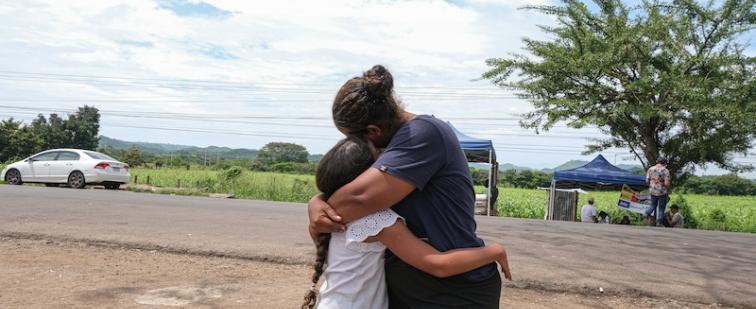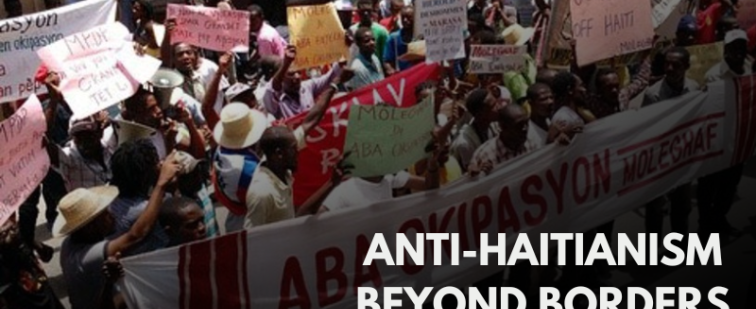Home
Street art plays an increasingly vital role in revolutionary Venezuela: It is a mode of political expression, a form of popular education, and helps build a collective historical memory. Few places show this more brilliantly than the 23 de Enero district with its combative spirit inscribed on almost every corner. Its art-filled walls show 23 de Enero will continue to play a pivotal role in Venezuela's political life, as it has for decades.
A smoldering conflict between the Peruvian army and remnants of the Shining Path guerrilla group has escalated with the government's launch of an all-out coordinated offensive. The government claims it has the violent group in its last throes, but human rights groups worry that innocent campesinos are bearing the brunt of the military's questionable tactics.
U.S. policy toward Latin America during the first six months of the Obama administration has generally tended, with some exceptions, toward continuity with that of the Clinton and Bush administrations. Despite encouraging rhetoric, the Obama White House has ratcheted up militarization and has continued to promote neoliberal economic policies. The administration's first big test has come with the ongoing coup crisis in Honduras, and the response has been far too equivocal.
For the first time since Chile's return to democracy, the country's ruling political coalition may lose the presidency. The centrist "Concertación" coalition is being challenged from both the left and the right, facing perhaps its toughest electoral battle yet. A relative newcomer to Chile’s political scene has shaken things up: Socialist Party Congressman Marco Enríquez-Ominami, a breakaway Concertación candidate.
Thirty years ago today, the Sandinista National Liberation Front (FSLN) succeeded in removing from power the Somoza family, one of Latin America's most corrupt and violent dictatorships. In the last months of combat, the FSLN launched its final offensive against the regime. Hoyt recalls her personal experiences in Matagalpa during the final months of the Sandinista insurrection.
Salvadorans in the United States helped create the conditions for a free, fair, and transparent election—particularly by undermining right-wing fear tactics in El Salvador that aimed to scare voters away from Funes by suggesting that his election would incur the United States’ wrath. The process provides many important lessons for Latin American countries with large U.S. populations, and immigrant rights activists should also take this page from the FMLN's playbook.
The recent conflict in the Peruvian Amazon is only the most violent symptom of an ongoing cold war being waged by President Alan García against indigenous groups. Besides a racist propaganda campaign and violent repression, the government has tried highly suspect legal mechanisms to disarticulate indigenous power. García's actions are all part of his attempt to unleash the forces of the free market on the Amazon at any cost.
Ousted Honduran President Manuel Zelaya has reiterated his vow to quickly return to his country to re-assume his rightful place as the nation's president. This week will be a determinant moment in the outcome of the crisis caused by the June 28 military coup against Zelaya. The major players in this crisis have all shown signs of growing impatience with the current situation, meaning that everything could come to a head.
From its origins 10 years ago, the multibillion-dollar aid package and militarized anti-narcotics program known as Plan Colombia was understood by its proponents as a model to be applied elsewhere in the hemisphere, and it was—first in Ecuador, Peru, and Bolivia, through the Andean Regional Initiative. More recently, Pentagon planners have been explicitly evoking Plan Colombia as a model for the war in Afghanistan, where counter-insurgency and counter-narcotics efforts have likewise become inexorably entwined.
Fifty years after the Cuban revolution took Latin America by storm, El Salvador became the last Latin American country to restore bilateral relations with Havana. When President Mauricio Funes took office in June, he immediately restored diplomatic ties with the island. The reengagement marks the beginning of the end for the hemispheric Cold War alliances constructed by Washington.












